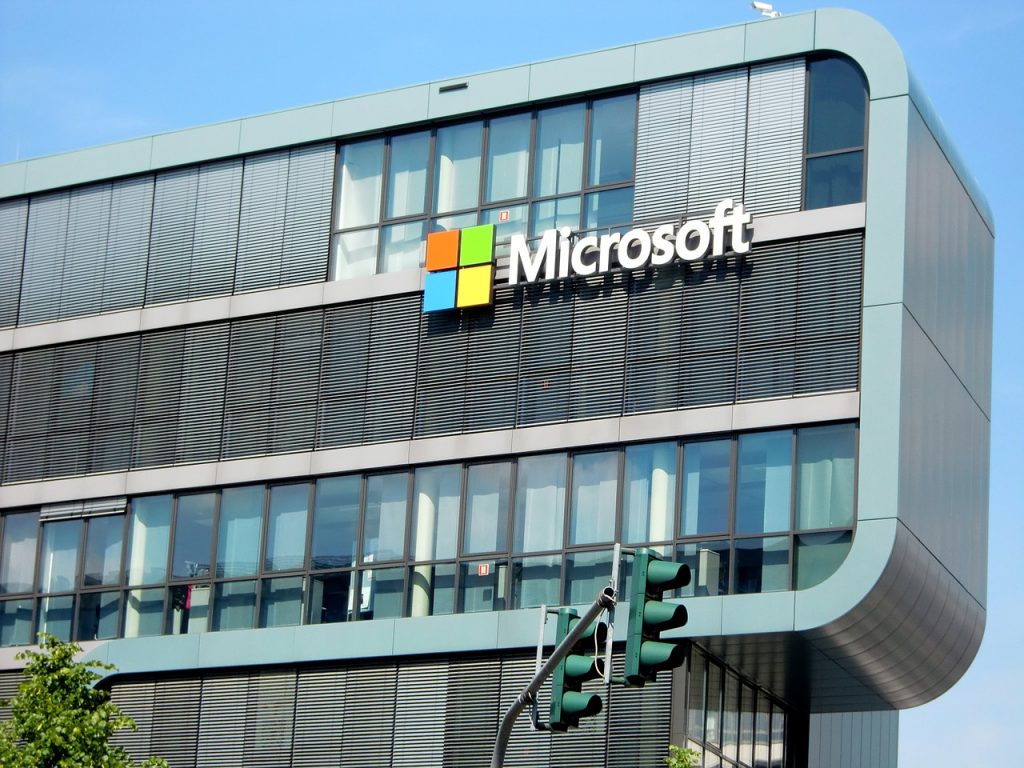How Big Tech Companies Are Growing Even Bigger
Big Tech companies are expanding more rapidly with each passing year which has caused regulators to begin cracking down on them with antitrust violations, however, Microsoft's impending acquisition of Activision-Blizzard could change that and ultimately set a new precedent.
This article is more than 2 years old
If it seems to you like really large companies just seem to be getting larger as of late, your perceptions are right on the money. Disney’s entertainment assets just seem to keep growing and the same is true for Meta’s social media properties. However, this trend is especially evident when observing what’s currently happening in big tech.
In fact, Microsoft is poised to set a new precedent should it be successful in fully acquiring its recent purchase of Activision-Blizzard. The New York Times pointed out in an article assessing the deal, the sheer size and caliber of the $69 billion purchase, highlighting that it even exceeds Musk’s recent $44 billion Twitter purchase power play. The Microsoft/Activision-Blizzard deal is testing the upper limits of antitrust laws in 16 different countries.
To understand why this deal is being so heavily scrutinized it’s first important to understand the industry that it directly impacts – gaming. The gaming industry has exploded in recent years. Activision-Blizzard, a game development powerhouse, helped to fuel those explosions in no small way. They are the company that brings the likes of Call Of Duty to the masses.
Furthermore, Microsoft’s Xbox Division, although still young compared to the likes of Sony and Nintendo, has been growing fairly rapidly since its inception, with the biggest period of growth happening in the last five years or so due in great part to its wildly successful subscription service Game Pass.
So the question then arises: Given Microsoft’s current market influence, would acquiring Activision-Blizzard increase that share so much that it would lend itself to anti-competitive practices and in turn violate antitrust laws? Microsoft, or more specifically, CEO of Xbox Phil Spencer doesn’t think so.
To put it simply, the big concern is whether or not Microsoft will allow Activision’s huge blockbuster titles (namely Call Of Duty) to remain on other platforms (namely Sony’s Playstation). However, Microsoft has been pretty adamant that they don’t have any intention of pulling Call Of Duty off other platforms and taking gamers’ choices away.
As of right now, the deal is still undergoing intensive review in various countries. But if it does go through and Microsoft does officially acquire Activision-Blizzard it will mark a momentous moment for big tech. This is because, in recent years, regulators have gotten increasingly stringent in examining companies connected to the tech sector.

Tech, as an industry, is still in its infancy. Regulators are trying to chart their courses in previously uncharted territory. At the same time, big tech just keeps getting bigger. Thus this potential merger is so remarkable because it will essentially set the bar and serve as an example for other companies looking to test the antitrust regulatory waters.
If Microsoft can prove to over a dozen governments, particularly those in the US, EU, and Great Britain, that this massive acquisition will in no way hamper competition in the gaming industry then perhaps in the coming years we’ll begin to see more companies taking risks and buying up big studios. Regardless, it will be interesting to see where and how the chips fall when the dust ultimately settles.




